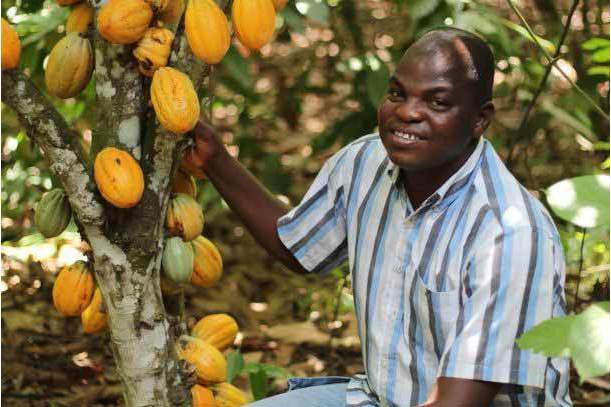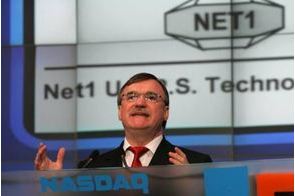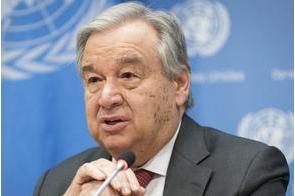Kiva, MasterCard to expand financial products and services for Africa's smallholders

Summary
MasterCard Foundation will support Kiva Labs to introduce or scale new financial products and service innovations.
Kiva, the global crowdfunding platform, and The MasterCard Foundation have announced a $7.9 million partnership to help expand financial services and loan products to smallholder farmers in Sub-Saharan Africa.
Under the five-year partnership, MasterCard Foundation’s support will allow Kiva Labs to introduce or scale new financial products and service innovations among selected social enterprises and microfinance institutions serving smallholder farmers and rural populations; improve the capacity of social enterprises and microcredit providers to design and distribute new products; evaluate the impact of these new products and services, and disseminate results across the microcredit and financial inclusion sector worldwide and change the industry’s perspective on what is deemed “too risky” or “unproven”.
Financial products and services under consideration to adopt or scale-up include flexible repayment schedules, providing market linkages to help clients maximize returns on capital, and financing undercapitalized “would be” innovators and social enterprises.
According to a statement released on Tuesday, Kiva said standard microcredit products follow very rigid repayment schedules that do not match well with the irregular income streams of the poor, especially farmers. Through Kiva Labs, the crowdfunding platform is providing crowd-sourced, risk-tolerant capital to accelerate new ideas to address the limitations of standard microcredit models that leave millions without access to formal financial services.
Kiva Labs’ partners such as Juhudi Kilimo have developed successful models for financing under collateralized, productive, moveable assets like hybrid dairy cows that more traditional providers view as too high-risk. These models can bring sustainable productivity gains and wealth creation for clients.
“Throughout the lifespan of the project we will test what works, experiment with scalability and replication, and share our results across the financial inclusion sector,” Premal Shah, President and cofounder of Kiva.
While The MasterCard Foundation says it is commited to enable financial inclusion strategies with high-impact potential, Kiva says it is uniquely positioned to push the boundaries of microcredit, accelerate the development of new loan products and services, encourage replication, and gather and transfer knowledge across the sector.
“Kiva has demonstrated ingenuity in developing new ways to enable smallholder farmers and others living in rural and remote areas of Africa to access the working capital they need and want,” said Ann Miles, Director of Financial Inclusion and Youth Livelihoods at The MasterCard Foundation.
Founded in 2005, Kiva has crowd-funded more than two million loans, attracting a community of over 1.6 million lenders and raising nearly $1 billion. Borrower repayment rate is at 97%. The lenders lend to Field Partners at 0% interest rate and the Field Partners in turn charge borrowers interest to help cover the costs of administering loans and providing services. The lenders are simply attracted to solving problems in the hardest-to-reach geographies and sectors.
Kiva works with more than 300 Field Partners in 80+ counties including 60+ microfinance institutions, NGOs, social enterprises and universities in Africa, where The MasterCard Foundation’s work is primarily focused.
Related
-
Capitis boosts SME, payroll lending with N360 million in Series A funding
EFInA 2020 survey report shows 27 per cent of Nigeria's 106 million adults have savings accounts and only 2 per cent have ...
-
IFC invests in Net1 to promote financial inclusion in Sub Saharan Africa
IFC said the investment is in line with its mission to promote financial citizenship to the world’s poorest.
-
United Nations report highlights how digitalisation can help finance SDGs
Digitalisation can help harness the $23.3trn in global domestic savings into investments in sustainable infrastructure.







